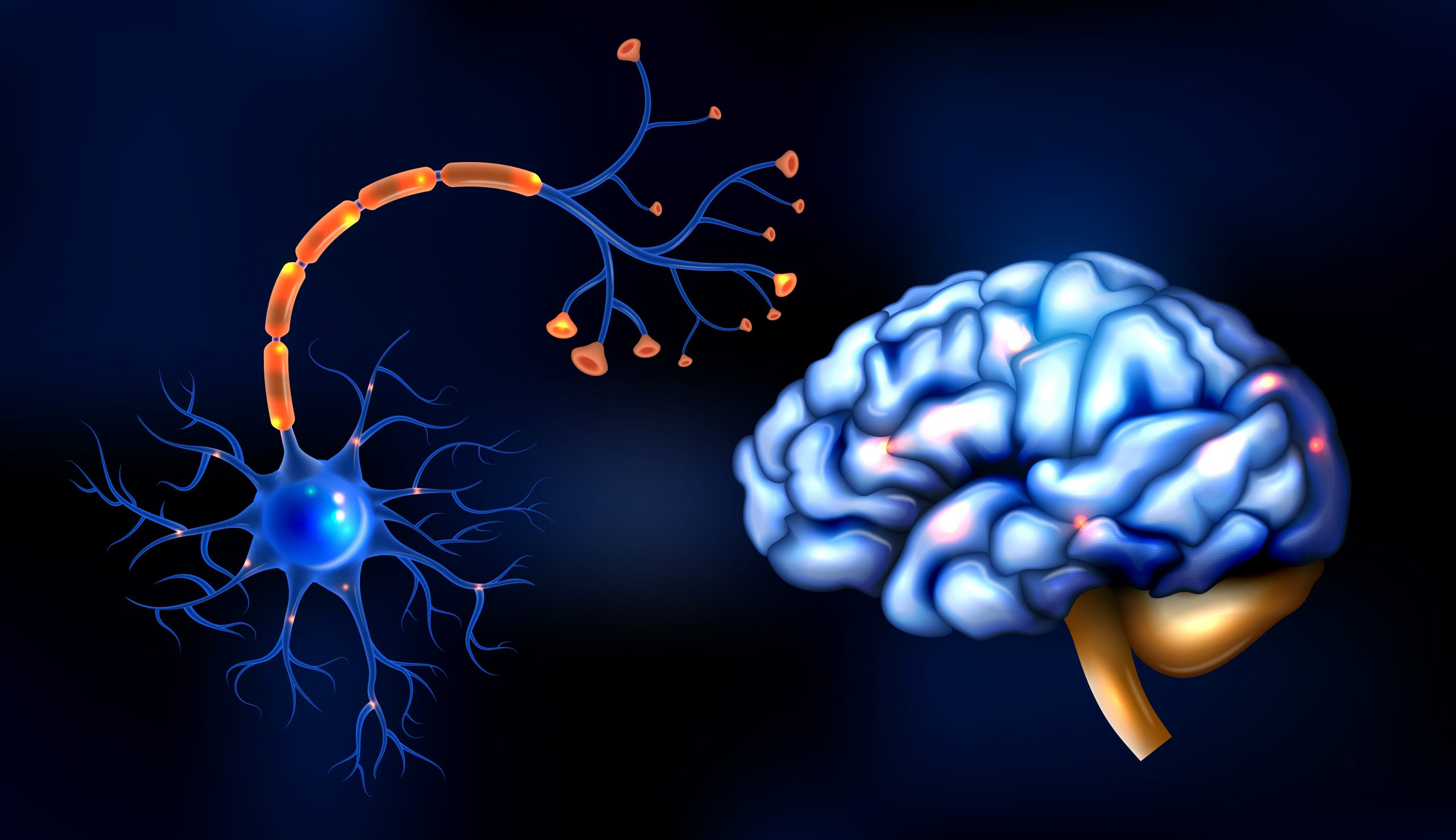

When a hunting dog detects the scent of a deer, it may freeze. Right away. The similar thing can happen to folks who need to focus on a difficult assignment. Researchers have now found a breakthrough that expands our understanding of what happens in the brain when we suddenly cease moving. “We have found a group of nerve cells in the midbrain which, when stimulated, stop all movement. Not just walking; all forms of motor activity. They even make the mice stop breathing or breathe more slowly, and the heart rate slow down,” explains Professor Ole Kiehn, who is co-author on the study.
“There are various ways to stop movement. What is so special about these nerve cells is that once activated they cause the the movement to be paused or freeze. Just like setting a film on pause. The actors movement suddenly stop on the spot,” says Ole Kiehn.
When the researchers ceased triggering the nerve cells, the mice resumed their movement exactly where they had left off. As when you press “play” again.
“This ‘pause-and-play pattern’ is very unique; it is unlike anything we have seen before. It does not resemble other forms of movement or motor arrest we or other researchers have studied. There, the movement does not necessarily start where it stopped, but may start over with a new pattern,” says PhD Haizea Goñi-Erro, who is first author of the study.
The nerve cells stimulated by the researchers are present in the midbrain in a region known as the pedunculopontine nucleus (PPN), and they differ from other nerve cells in the PPN by expressing a specific molecular marker known as Chx10. All vertebrates, including humans, share the PPN. Even though the study was conducted on mice, the researchers believe the phenomenon will also apply to humans.
Nothing to do with fear
Some people believe that fear activates nerve cells. The phenomena of “freezing” triggered by intense fear is well known to most individuals. However, this is not the case.
“We have compared this type of motor arrest to motor arrest or freezing caused by fear, and they are not identical. We are very sure that the movement arrest observe here is not related to fear. Instead, we believe it has something to do with attention or alertness, which is seen in certain situations,” says Assistant Professor Roberto Leiras, who is co-author of the study.
According to the researchers, it is a statement of focused attention. They emphasize, however, that the study has not established whether or not this is the case. More research is needed to demonstrate this point.
Could be able to comprehend Parkinson’s symptoms.
The new research could help us grasp some of the factors underlying Parkinson’s illness.
“Motor arrest or slow movement is one of the cardinal symptoms of Parkinson’s disease. We speculate that these special nerve cells in PPN are over-activated in Parkinson’s disease. That would inhibit movement. Therefore, the study, which primarily has focused on the fundamental mechanisms that control movement in the nervous system, may eventually help us to understand the cause of some of the motor symptoms in Parkinson’s disease,” Ole Kiehn concludes.
more recommended stories
 Red Blood Cells Improve Glucose Tolerance Under Hypoxia
Red Blood Cells Improve Glucose Tolerance Under HypoxiaKey Takeaways for Clinicians Chronic hypoxia.
 Nanoplastics in Brain Tissue and Neurological Risk
Nanoplastics in Brain Tissue and Neurological RiskKey Takeaways for HCPs Nanoplastics are.
 AI Predicts Chronic GVHD Risk After Stem Cell Transplant
AI Predicts Chronic GVHD Risk After Stem Cell TransplantKey Takeaways A new AI-driven tool,.
 Red Meat Consumption Linked to Higher Diabetes Odds
Red Meat Consumption Linked to Higher Diabetes OddsKey Takeaways Higher intake of total,.
 Pediatric Crohn’s Disease Microbial Signature Identified
Pediatric Crohn’s Disease Microbial Signature IdentifiedKey Points at a Glance NYU.
 Nanovaccine Design Boosts Immune Attack on HPV Tumors
Nanovaccine Design Boosts Immune Attack on HPV TumorsKey Highlights Reconfiguring peptide orientation significantly.
 High-Fat Diets Cause Damage to Metabolic Health
High-Fat Diets Cause Damage to Metabolic HealthKey Points Takeaways High-fat and ketogenic.
 Acute Ischemic Stroke: New Evidence for Neuroprotection
Acute Ischemic Stroke: New Evidence for NeuroprotectionKey Highlights A Phase III clinical.
 Statins Rarely Cause Side Effects, Large Trials Show
Statins Rarely Cause Side Effects, Large Trials ShowKey Points at a Glance Large.
 Anxiety Reduction and Emotional Support on Social Media
Anxiety Reduction and Emotional Support on Social MediaKey Summary Anxiety commonly begins in.

Leave a Comment